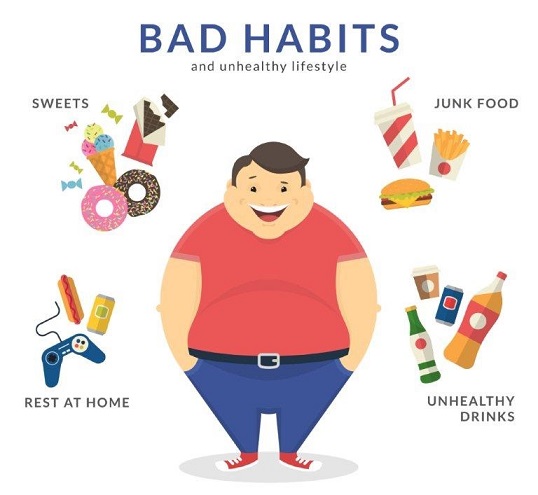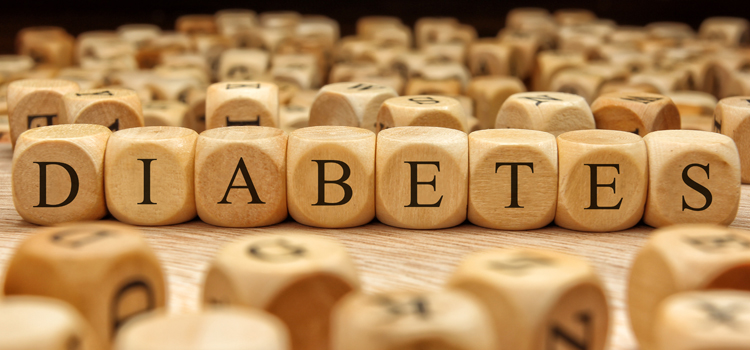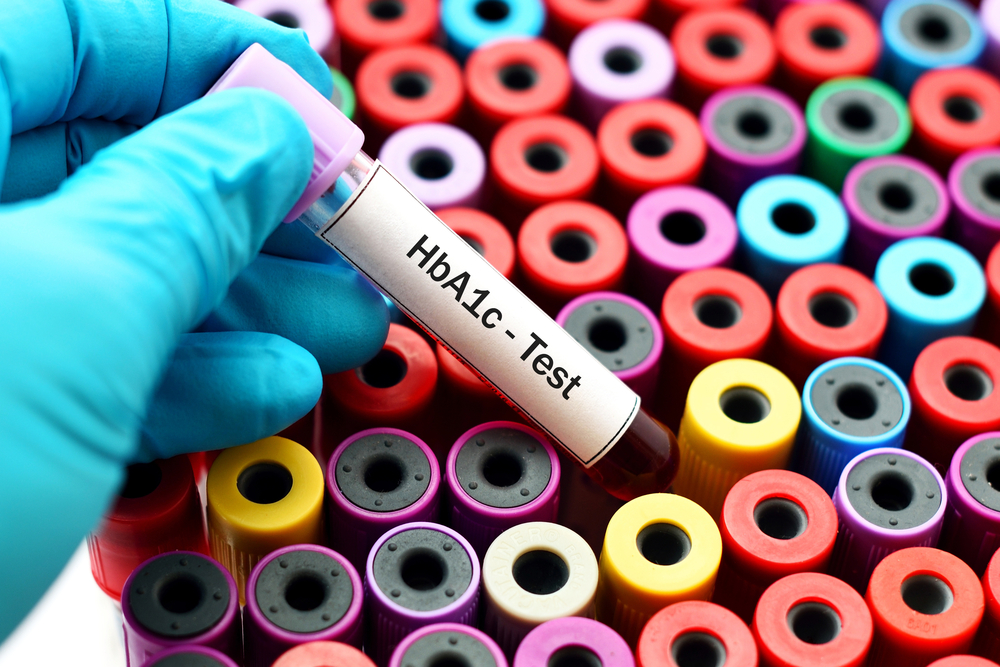Diabetes Fatigue: How to Prevent it?
- 1 Apr, 2024
- Written by Team Dr Lal PathLabs
Medically Approved by Dr. Seema
Table of Contents

Diabetes fatigue is a common symptom experienced by individuals with diabetes. It is an overwhelming sense of tiredness or exhaustion that is not necessarily related to any physical activity.
According to the American Diabetes Association, over 40% of patients with type 1 diabetes and 60% of those with type 2 diabetes experience extreme tiredness and fatigue. Unlike regular tiredness, diabetes tiredness is a chronic condition that doesn’t go away with rest or sleep.
While diabetes and exhaustion occurring simultaneously are common, no evidence suggests that they are directly related. Instead, there’s a consensus among experts that various diabetes-induced conditions are the actual cause of chronic fatigue.
What are the causes of diabetes fatigue?
A study published on PubMed Central found elevated blood sugar levels to be the primary cause of diabetes fatigue. The study also suggests that the condition isn’t necessarily linked to diabetes itself but can occur due to many other underlying symptoms of diabetes.
Here are some possible causes of diabetes fatigue:
1. Unregulated Blood Sugar Levels
Unregulated blood sugar levels affect the body’s ability to use insulin to metabolise glucose and produce energy from consumed food. In cases of hypoglycemia or low blood sugar levels, the body lacks sufficient glucose for insulin to convert into energy.
Alternatively, hyperglycemia, or high blood sugar levels, affects the production of insulin in the pancreas. While the body has ample glucose, there is not enough insulin to break it down. Either way, the cells do not receive proper nutrition, and the body suffers exhaustion.
2. Sleep Disorders
Proper sleep is necessary even for a healthy person to remain active. However, patients suffering from type 2 diabetes are more likely to develop sleep disorders like sleep apnea and insomnia. Combined with poor nutrition, diabetes and sleepiness can cause patients to feel exhausted throughout the day.
Poor sleep quality or deprivation can disrupt hormonal balance, potentially leading to hypertension and higher blood pressure. This may result in kidney and heart damage, contributing to tiredness and fatigue.
3. Side Effects of Medications
Medications used to treat diabetes can have side effects that lead to fatigue. For example, oral hypoglycemic drugs can cause low blood sugar levels. As explained earlier, this condition leads to tiredness because the body lacks sufficient glucose for energy.
Similarly, beta-blockers also lead to diabetes fatigue. Doctors prescribe beta-blockers to control glucose levels in the body. However, these medications also manage abnormal heart rhythms. This can slow the heart down, causing lethargy and tiredness.
4. Depression
Depression is known to exhibit symptoms like feelings of sadness, hopelessness, and even tiredness. According to Current Diabetes Reports, diabetic patients are at a higher risk of having depression. So, if a diabetic patient feels fatigued, it can possibly be due to underlying depression.
Depression negatively impacts sleep and food habits, which can lead to feelings of extreme exhaustion. Patients who take antidepressants to treat depression are also likely to suffer from sleep disorders, causing diabetes fatigue.
5. Obesity
The Clinical Medicine Journal revealed that most patients with type 2 diabetes are also overweight. The excess weight can overburden the body, making it harder to complete physical tasks and increasing the energy requirement even for routine tasks.
Moreover, obesity can intensify uneven blood sugar fluctuations, potentially causing tiredness. Obesity is also associated with sleep disorders, such as sleep apnea, which can significantly impair sleep quality, leading to daytime sleepiness and fatigue.
How to control diabetes fatigue?
There is no definitive treatment for diabetes fatigue that can cure the condition for good. However, lifestyle changes that doctors suggest for managing diabetes can also help control fatigue in patients.
Here are some tips to control diabetes fatigue:
- Eat a nutritious and balanced diet.
- Avoid junk foods and sugary drinks.
- Exercise regularly to maintain a healthy weight.
- Practice yoga for mindfulness and stress management.
- Get at least 7 to 8 hours of sleep daily to help the body relax and recover.
- Stay hydrated.
While there is no direct relation between diabetes and exhaustion, the associated symptoms of diabetes can cause chronic fatigue. In most cases, unregulated blood sugar levels are a major cause of diabetes fatigue. That is why diabetic patients need to maintain healthy glucose levels, which requires active monitoring.
FAQs
1. What causes fatigue in diabetic patients?
Unregulated blood sugar levels, medication side effects, sleep disorders, and associated depression or obesity are the major causes of fatigue in diabetic patients.
2. How does one control diabetic fatigue?
To control diabetic fatigue, patients must maintain stable blood sugar levels, eat a balanced diet, exercise regularly, and manage stress and sleep issues.
3. Is fatigue normal with diabetes?
Yes, fatigue is a common symptom of diabetes, often resulting from fluctuating blood sugar levels and other associated symptoms of diabetes like depression and obesity.














